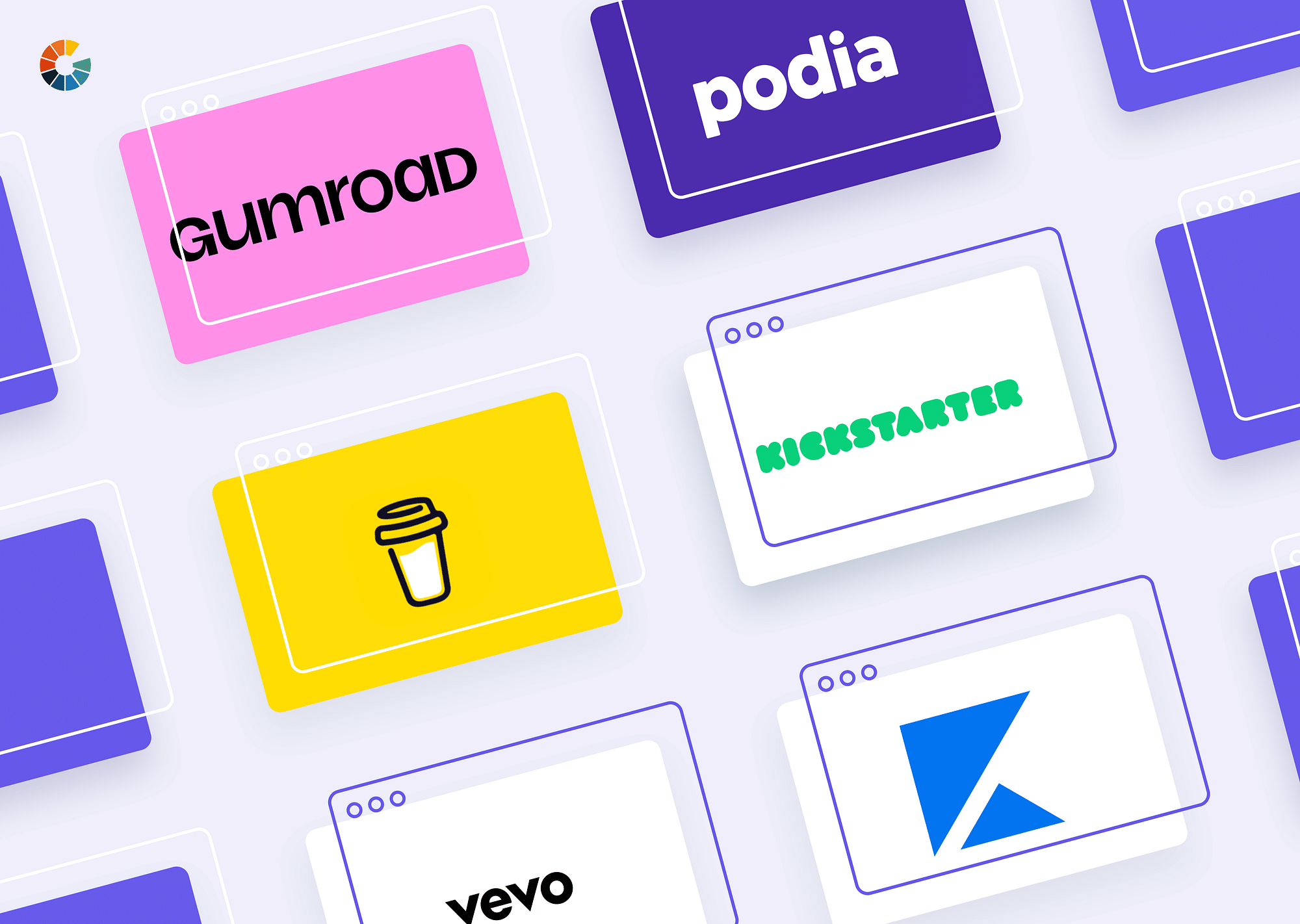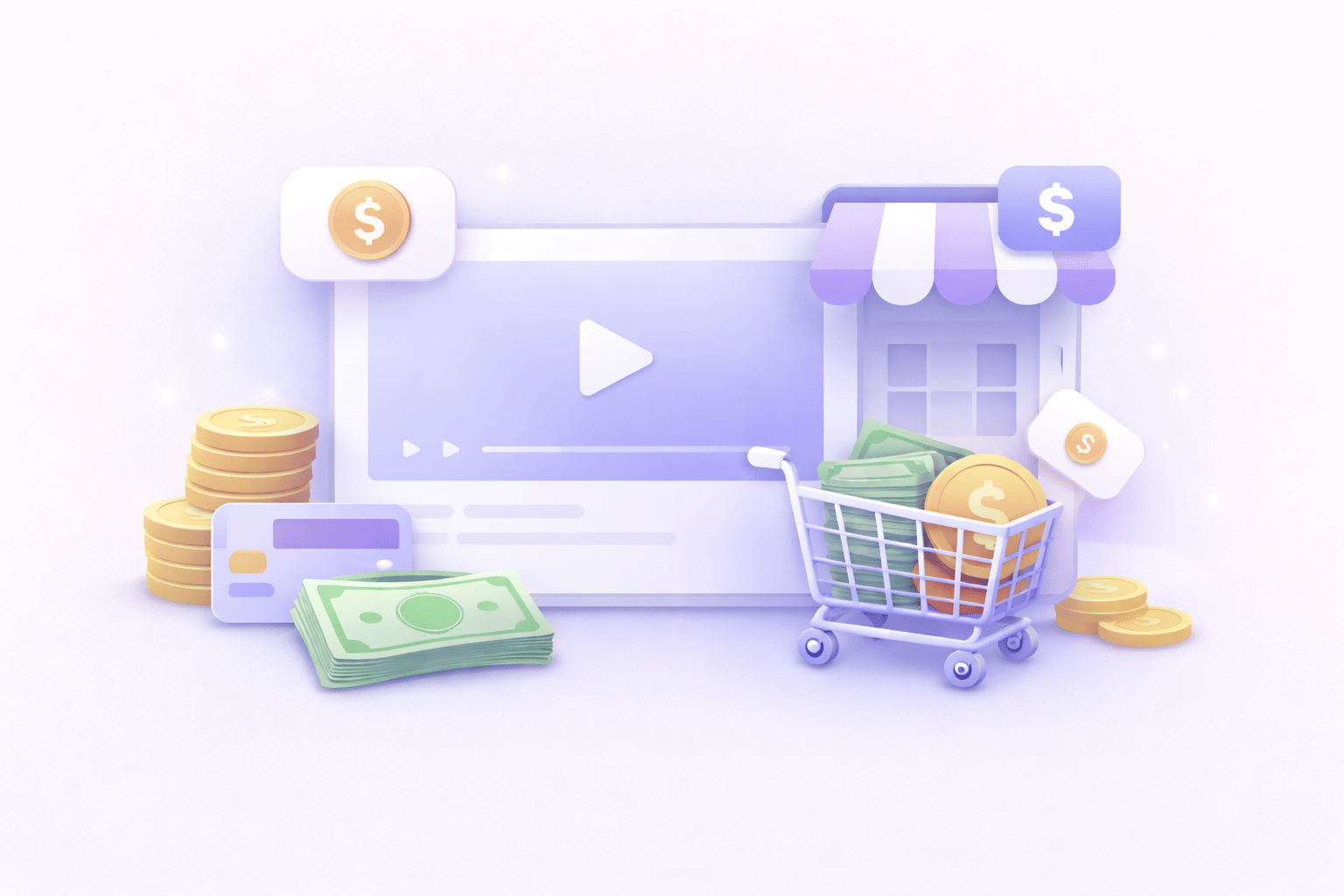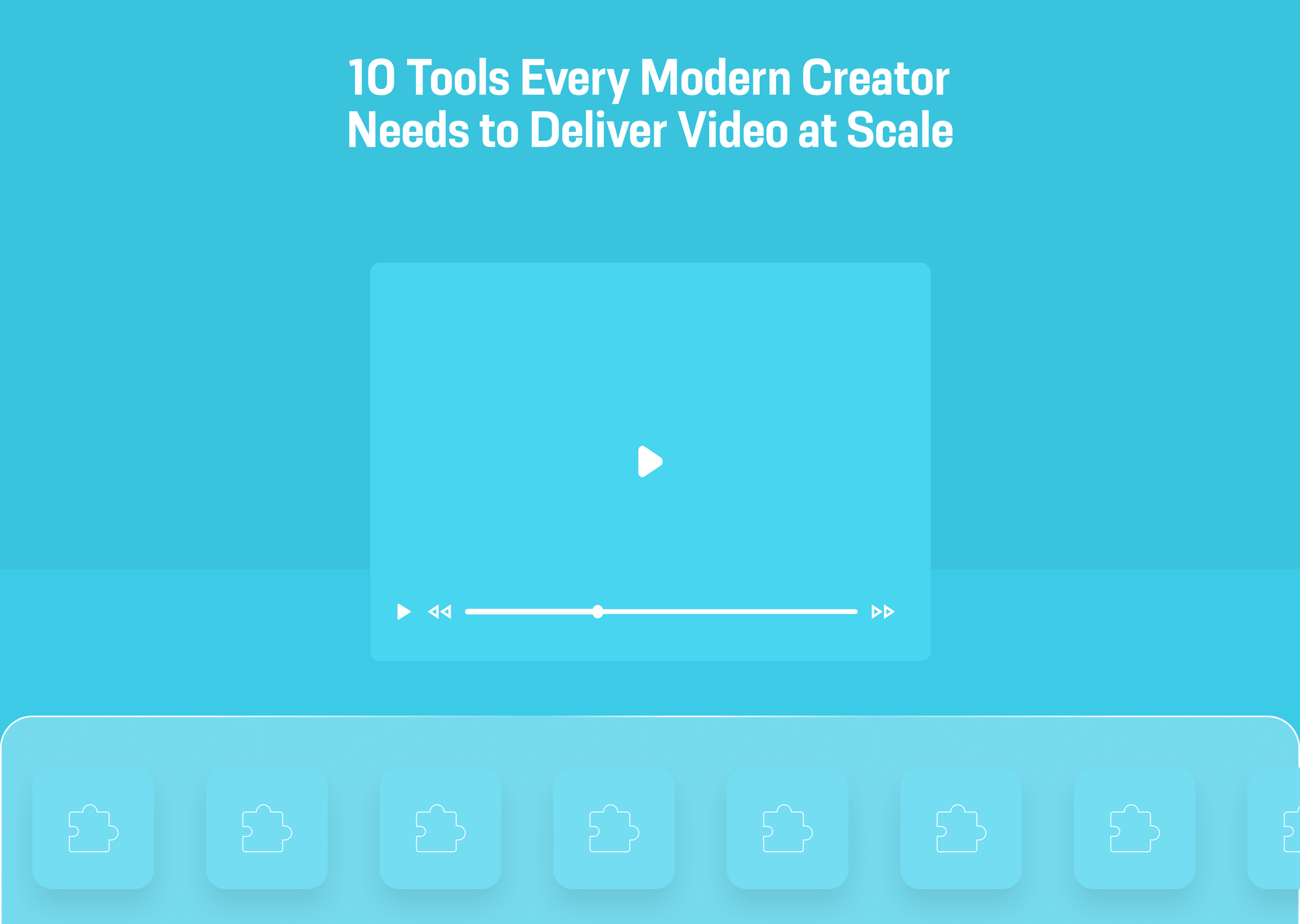Patreon has been a popular platform for creators to connect with fans and receive recurring financial support. However, with its recent changes in fees and functionalities, some creators might be looking for alternatives. This guide explores 10 of the best Patreon alternatives in 2026, catering to a variety of content types and creator needs. We'll delve into their unique features and help you find the perfect platform to build a sustainable income stream.
Why Look for a Patreon Alternative?
There are several reasons why creators might seek alternatives to Patreon:
- Fees: Patreon charges creators a percentage of their earnings, which can cut into profit margins.
- Limited Features: Depending on your content type, Patreon might not offer all the features you need for effective monetization.
- Focus Shift: Some creators might feel a shift in focus on Patreon, prioritizing larger creators or specific content genres.
Best Patreon Alternatives in 2026
Here's a list of 10 best alternatives to Patreon that you can consider in 2026:
Memberful
If you're a creator with an existing audience and crave brand control, consider Memberful as a Patreon alternative. It integrates with your website for a seamless membership experience under your brand and offers flexibility in pricing and structure. While you'll need to drive traffic yourself, Memberful empowers a direct relationship with your fans.
- Pros: Flexible memberships, content dripping, community features.
- Cons: Limited free plan, transaction fees.
- Pricing: Starts at $49/month.
- Patreon vs Memberful: Offers more control over memberships and community but has higher fees.
Kajabi
For creators looking to build and sell courses alongside memberships, Kajabi presents a compelling Patreon alternative. Kajabi is an all-in-one platform that lets you design courses, host content, and manage memberships – all under your own brand. This eliminates the need for multiple tools and keeps your audience within your ecosystem. While Kajabi lacks Patreon's built-in audience, it empowers creators with powerful marketing tools and complete control over the membership experience.
- Pros: All-in-one platform for courses, memberships, and coaching programs.
- Cons: Focuses on online courses, limited free options.
- Pricing: Starts at $55/month.
- Patreon vs Kajabi: Ideal for course creators, less suitable for general content subscriptions.
Mighty Networks
Look beyond Patreon to Mighty Networks if you desire a community-focused platform for your creative business. Unlike Patreon's reward system, Mighty Networks lets you build a thriving membership site with courses, events, and live streams – all under your brand. This fosters a deeper connection with your audience and fuels member-to-member engagement. While it requires building your own audience, Mighty Networks equips you to create a powerful hub for your fans.
- Pros: Powerful community building tools, engaging platform for creators and fans.
- Cons: Focuses on community interactions, may not be ideal for all content types.
- Pricing: Starts at $99/month.
- Patreon vs Mighty Networks: Fosters stronger connections but has a higher cost.
YouTube
YouTube itself isn't exactly a direct competitor to Patreon. It excels at video hosting and audience building, but it lacks built-in features for recurring memberships. However, some creators leverage YouTube's monetization tools like Super Chat and Channel Memberships to generate recurring income directly from their audience. This approach requires audience engagement within YouTube and might not offer the same level of control over membership tiers and benefits as Patreon or Memberful.
- Pros: Massive built-in audience and diverse monetization options (ads, sponsorships).
- Cons: Requires audience building on YouTube itself, less control over content delivery.
- Pricing: Free to use, revenue generated through ads and sponsorships.
- Patreon vs YouTube: Excellent reach, but monetization relies heavily on ad revenue and audience size.
Buy Me a Coffee
For creators seeking a simpler approach to fan support, Buy Me a Coffee offers a good alternative to Patreon. It focuses on one-time payments and memberships, allowing fans to easily buy you a virtual "coffee" or subscribe for ongoing perks. While it might not suit creators with complex reward structures, Buy Me a Coffee is a user-friendly option for quick financial support and casual fan engagement.
- Pros: Super simple setup, quick donations, low fees.
- Cons: Limited features, not ideal for ongoing content delivery.
- Pricing: Free plan with optional upgrade for scheduling posts ($5/month).
- Patreon vs Buy Me a Coffee: Easier for quick fan support but lacks features for tiered subscriptions and exclusive content.
Ko-Fi
Ko-Fi lacks the tiered memberships of Patreon but lets fans directly tip you any amount, commission works, or even buy from your shop – all on one platform. This fosters a low-pressure environment for support, with minimal fees and instant payouts. However, Ko-Fi might not be ideal if you crave structured memberships or a built-in audience.
- Pros: Easy one-time donations and subscriptions, an optional storefront for selling digital goods.
- Cons: Limited free plan features and transaction fees.
- Pricing: On Ko-fi, you can accept one-off donations completely free. However, if you decide to use premium features or become a contributor and unlock extra features, there’s a creator-friendly 5% platform fee.
- Patreon vs Ko-Fi: Similar to Buy Me a Coffee but with an option for subscriptions and a storefront.
Gumroad
For creators focused on selling individual digital products rather than ongoing subscriptions, Gumroad shines as a Patreon alternative. Gumroad simplifies selling ebooks, software, or even physical goods directly to your audience. Unlike Patreon's membership model, Gumroad offers a one-time purchase structure with a flat transaction fee, making it ideal for selling discrete items.
- Pros: Easy to sell digital products (ebooks, music, software), fast payouts.
- Cons: Not ideal for memberships or ongoing content delivery.
- Pricing: They charge a flat 10% of every sale.
- Patreon vs Gumroad: Great for selling digital products, but lacks features for memberships and subscriptions.
Podia
Podia goes beyond memberships, allowing you to sell courses, ebooks, and even coaching sessions alongside your memberships. This all-in-one platform lets you design a beautiful website and manage everything from content delivery to email marketing. While Patreon fosters a fan community, Podia empowers you to build a brand and be your own boss.
- Pros: All-in-one platform for courses, memberships, and digital downloads.
- Cons: Can be complex to set up, limited free plan features.
- Pricing: Starts at $4/month. They also have a free plan.
- Patreon vs Podia: More affordable than Kajabi for all-in-one features but requires more setup effort.
Kickstarter
Kickstarter is a crowdfunding platform designed for one-time project funding, while Patreon focuses on ongoing support through memberships. However, if you're a creator with a specific project idea and a pre-existing audience, Kickstarter can be a good option to raise capital upfront rather than relying on monthly pledges. It's more like pre-selling your creation to generate funds for its development.
- Pros: Ideal for launching new projects and securing upfront funding.
- Cons: All-or-nothing funding model, focus on project-based creation.
- Pricing: Fees vary depending on project goals (5% platform fee + payment processing fees).
- Patreon vs Kickstarter: Not for ongoing content creation, best for launching specific projects with upfront funding needs.
Substack
For writers who prioritize exceptional email delivery and in-depth written content, Substack is a solid Patreon alternative. It allows for subscriber-only newsletters alongside public posts, fostering a community around your writing. While it lacks the reward tiers of Patreon, Substack simplifies email marketing and monetization specifically for writers.
- Pros: Powerful platform for building a subscriber base for paid newsletters.
- Cons: Limited to written content (text and email newsletters).
- Pricing: They charge 10% of each sale.
- Patreon vs Substack: Excellent for writers and newsletter creators but not suitable for other content types.
Which Patreon Alternative Should I Choose?
While every creator has unique needs, here's a breakdown of some top Patreon alternatives based on common use cases:
Podcasters
- Strong contenders:
- Memberful: Offers tiered memberships with exclusive podcast episodes, bonus content, and ad-free listening for premium supporters.
- Mighty Networks: Fosters a vibrant community around your podcast, allowing discussions, AMAs, and deeper engagement with your listeners.
- Alternatives to consider: Consider Kajabi if you also offer video content or courses related to your podcasting expertise. Podia is another option for combining memberships with downloadable podcast transcripts or bonus materials.
Online Tutors
- Top picks:
- Podia: Create and sell online courses tailored to your tutoring expertise. Offer tiered memberships with access to exclusive live tutoring sessions, Q&A forums, or resource libraries.
- Kajabi: Similar to Podia, Kajabi offers robust course creation features and allows for integrating live sessions or video consultations within your membership plans.
- Alternatives to consider: Think about Thinkific (not mentioned previously) as another strong course creation platform for online tutors. Memberful can also work if you focus on exclusive downloadable lesson materials and community discussions alongside your tutoring sessions.
Other Creators:
For creators with diverse content (visual artists, musicians, YouTubers), the best alternative depends on your specific goals:
- Community Focus: Mighty Networks or Memberful excel at building engaged communities around your creative work.
- Course & Membership: Kajabi or Podia are strong choices if you offer both courses and ongoing content for your audience.
- Simple Donations: Buy Me a Coffee or Ko-Fi are perfect for quick fan support and one-time donations alongside your main creative platform (YouTube, website).
- Digital Products: If you sell digital art, music, or other downloadable content, Gumroad simplifies the process.
FAQs
Is Kofi better than Patreon?
Ko-fi shines for casual support and one-off "thank you" donations. It's simpler, has lower fees, and lets you sell digital products or offer commissions. However, it lacks the structured membership tiers and built-in audience Patreon offers. If you prioritize recurring income and fan engagement with exclusive content, Patreon might be a better fit.
List some free Patreon alternatives:
- Ko-Fi: As mentioned above, Ko-Fi allows for one-time donations and subscriptions with minimal fees.
- YouTube: Monetize your content through ads, sponsorships, and YouTube Premium directly within the platform.
- Twitch: Similar to YouTube, Twitch offers monetization options through subscriptions, bits (virtual currency viewers can tip), and ads.
- Self-hosted website: With some technical knowledge, you can create your own website with membership plugins for exclusive content and subscriptions. (Requires ongoing maintenance)
What are the pros and cons of Patreon?
Pros:
- Recurring income: Build a predictable income stream through subscriptions.
- Community features: Connect and interact with your patrons through posts and direct messages.
- Analytics: Track your earnings and audience engagement.
Cons:
- Fees: Platform and processing fees can eat into your profits.
- Focus shift: Concerns about Patreon prioritizing larger creators or specific content genres.
- Limited features: This may not offer all the functionalities needed for specific content types.
What is the average income on Patreon?
It's difficult to pinpoint an average income as it varies greatly depending on factors like niche, content type, audience size, and engagement. Patreon reports that the top 10% of creators earn over $70,000 annually, but the majority of creators make considerably less.




